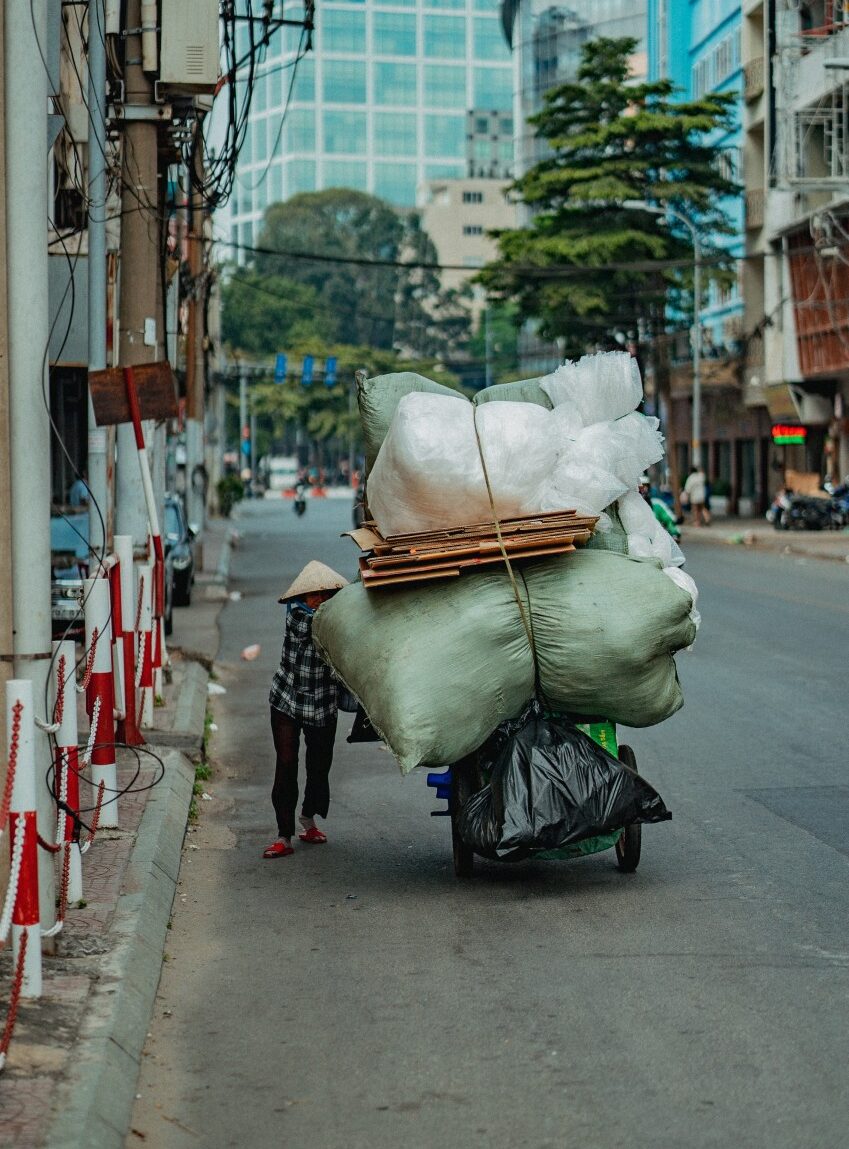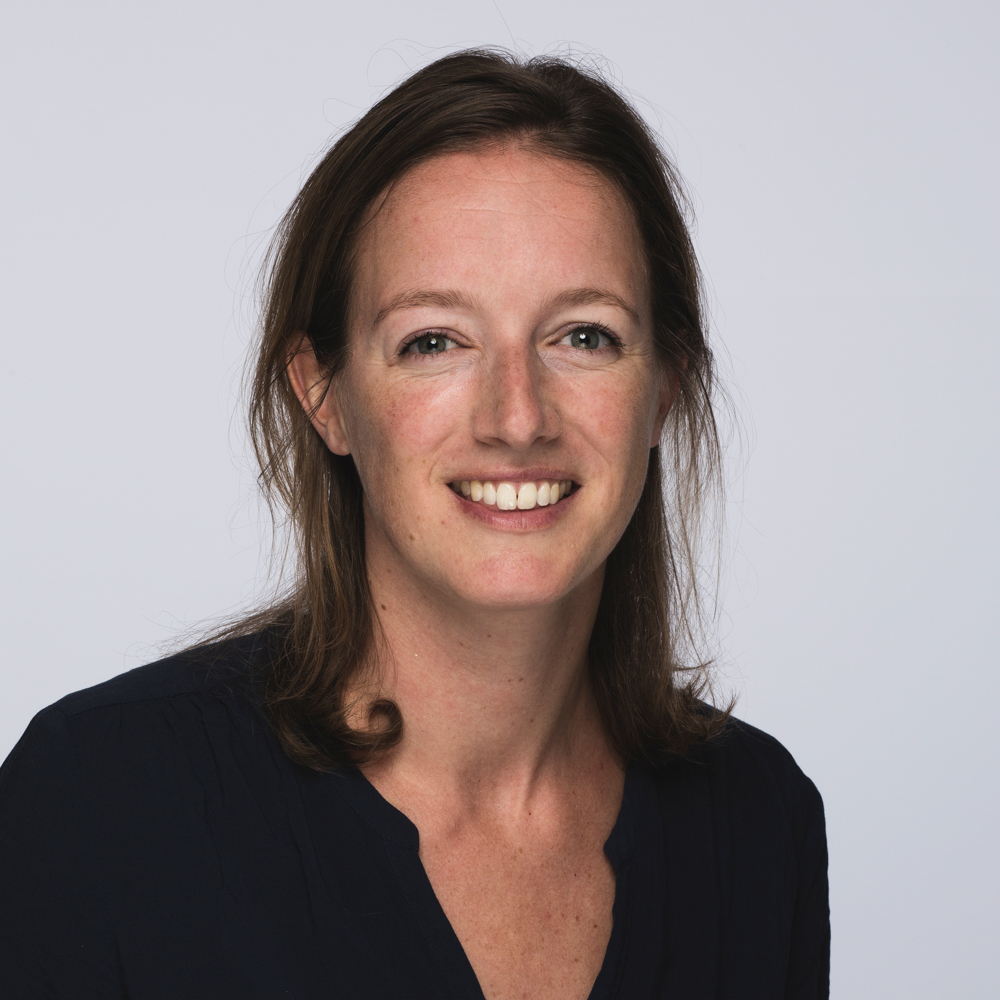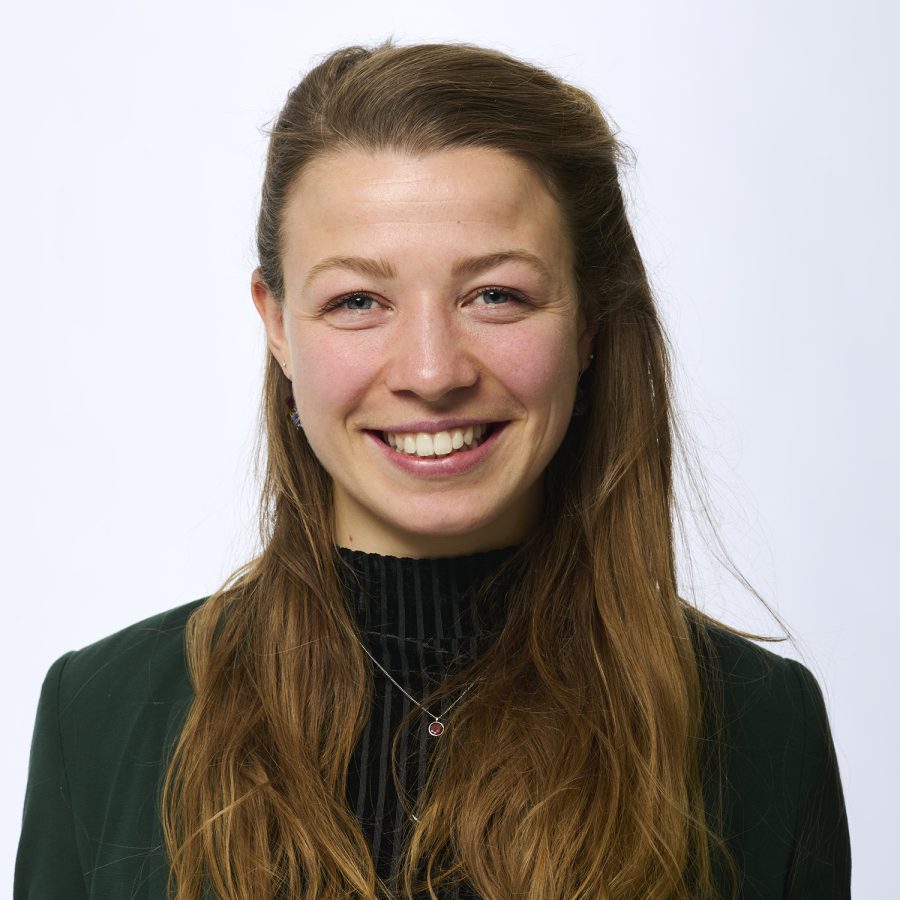Circular Plastics Value Chain In Indonesia
Together with Dutch innovative companies and Indonesian partners, Rebel is in a consortium in which we are working to realise a sustainable, circular plastic value chain in several locations in Indonesia (Ambon, Jakarta, East Java). Rebel is responsible for measuring the environmental, social and economic impact of the various projects.

The challenge
By 2050, more plastic is expected to litter the sea than fish swim. According to the World Bank, roughly 10 tonnes of plastic is dumped into the waters around Indonesia every 20 minutes. Immediate action is necessary to stem the tide of plastic waste and pollution in Indonesia. Improvements are needed throughout the plastic chain: from reducing single-use plastics to better collection and processing of produced (plastic) waste. There are several parties that have developed solutions and innovations that are well applicable in the context of Indonesia. By measuring and visualising the environmental, social and economic impact, parties can show the positive value of their projects.
The approach
According to Indonesia’s National Plastics Action Plan, 70 per cent of all Indonesian plastic waste – an estimated 4.8 million tonnes a year – is mismanaged. Mismanagement means that plastic is either burned in the open (releasing toxins into the air that people breathe), dumped on land or public landfills (which are effectively unmanaged), or ends up in rivers and eventually in the ocean. The situation is expected to worsen in the coming years.
To tackle this problem, Rebel is working with several partners offering (technological) solutions tailored to the local situation in Indonesia.
Enviu helps start-ups set up reuse and refill systems to prevent the use of single-use sachets, which often end up in the environment. SweepSmart collects and sorts waste using a semi-automated process that combines local and the latest European waste management practices.
Upp! is setting up a circular plastic factory near Surabaya, East Java, with local partner PT Sumber Djaja Perkasa, as a local solution for low-grade mixed plastic waste. A unique Australian technology converts this plastic into robust and recyclable building materials for the local market. These projects will run pilots from 2022 to eventually scale up for a wider audience.
Rebel is responsible for measuring the environmental, social and economic impact of these projects. Together with research firm TNO, they collect data and put it into a model to show where in the chain the most impact is made.
Impact
Indonesia's plastic waste problem is being addressed through collaboration on initiatives throughout the chain.

